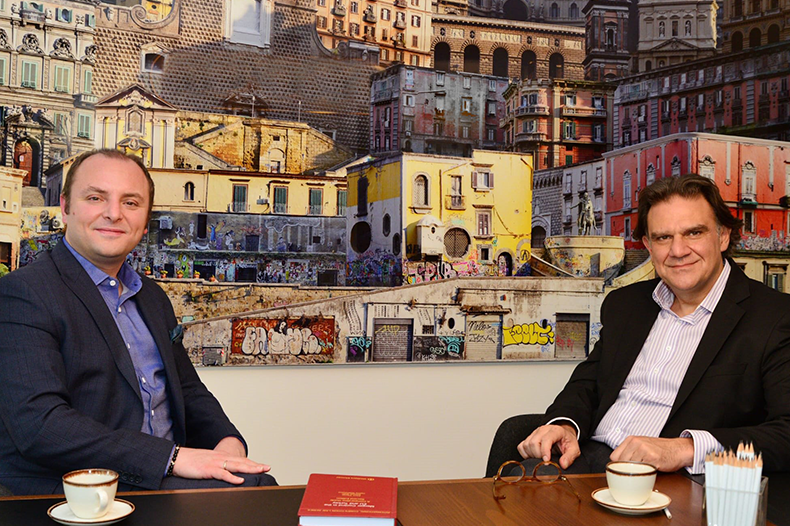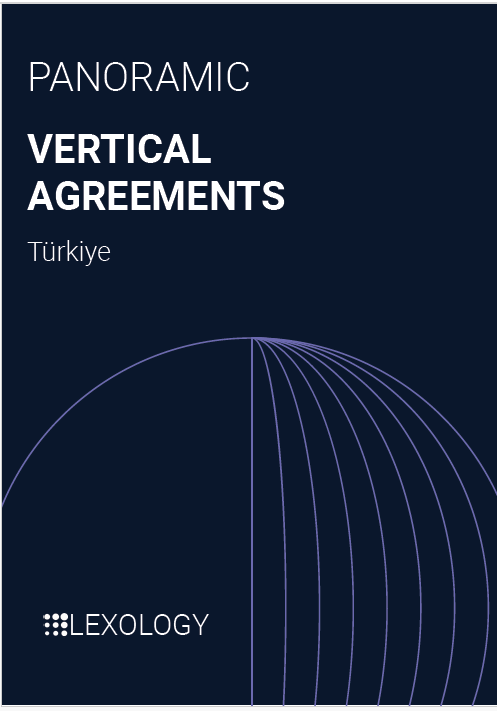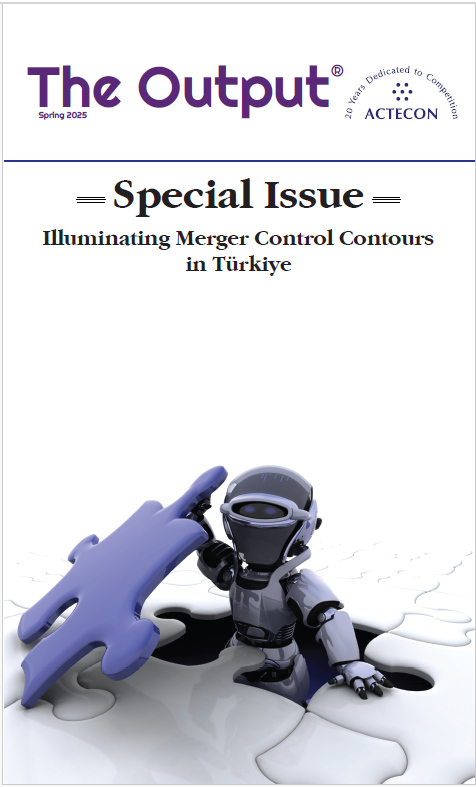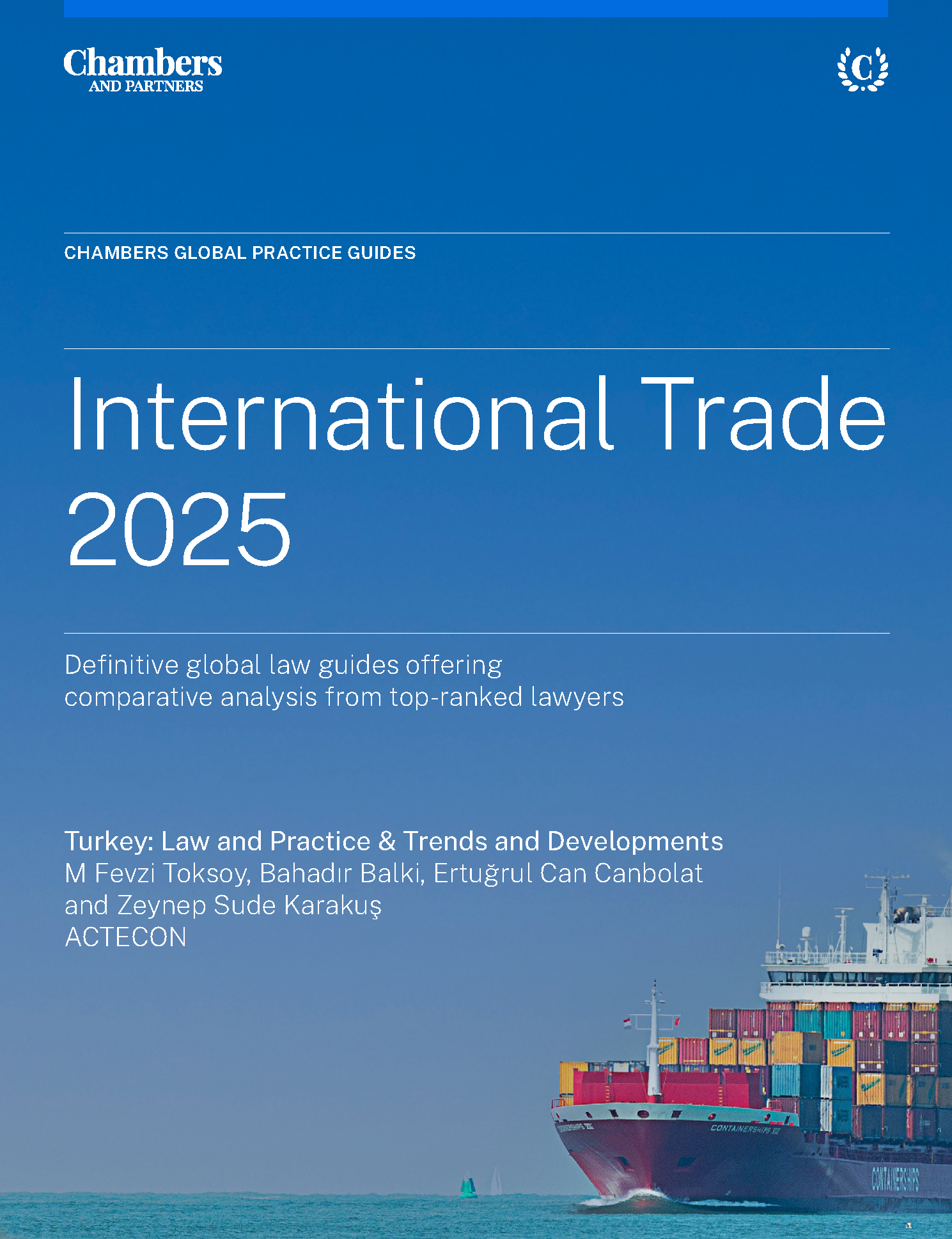THRESHOLDS IN GENERAL: LEGAL FRAMEWORK
The notification procedure and time frame of merger control in Turkey are broadly aligned with the corresponding procedure and time frame in the EU. The Turkish Competition Law requires prior notification to the TCA of transactions that involve a change of control on a lasting basis and that meet certain financial thresholds regarding the turnover of the parties to the transaction.[1] As stated in Article 7 of the TCA’s Communiqué No. 2010/4 (Merger Communique),[2] a concentration is notifiable in Turkey where:
- the aggregate turnover of the transaction parties in Turkey exceeds TRY 750 million (approx. EUR 35.6 million), and the turnover of at least two of the transaction parties each in Turkey exceeds TRY 250 million (approx. EUR 11.9 million); or
- either the turnover in Turkey of (i) the acquired assets or businesses in acquisitions, or (ii) any of the transaction parties in mergers, exceeds TRY 250 million (approx. EUR 11.9 million), and the worldwide turnover of at least one of the other parties to the transaction exceeds TRY 3 billion (approx. EUR 142.6 million).
According to Article 7(2) of the Merger Communique, the Turkey-related turnover threshold of TRY 250 million prescribed in Article 7(1) shall not apply to concentrations with technology undertakings as their target if the technology undertakings either operate or conduct research and development activities in the Turkish market, or provide services to Turkish users.
UNDERSTANDING TECHNOLOGY UNDERTAKINGS: CASE LAW
The Merger Communique defines technology undertakings as undertakings that have activities in the areas of digital platforms, software and game software, financial technologies, biotechnology, pharmacology, agriculture chemicals and health technologies, or assets related thereto. [3] The definition is rather broad. To understand it better, the TCA has issued several decisions demonstrating its interpretation of the technology undertaking exception.
The TCA examined concentrations that did not meet the notification thresholds, but it analyzed the activities of the targets to see if they could be qualified as technology undertakings.
Citrix/TIBCO[4] was the first decision applying the technology undertaking exemption. Both companies were active in the development of software, and hence there were no doubts as to the application of the technology undertaking exemption.
In Cinven Capital/International Financial[5] the TCA recognized using digital platforms as being active in the software market. In particular, the target was active in providing savings and investment products through life insurance packages to individual investors. The company’s Turkish turnover was mainly derived from the sales by a third-party distributor since the undertaking did not have any subsidiaries or affiliates in Turkey. The target was considered a technology undertaking as it provided services to its customers with digital access via digital platforms in the life insurance sector in Turkey.
However, in Nielsen/Brookfield,[6] the target was not viewed as a technology undertaking, even though the target used software as a tool in providing other services. It utilized data analytics tools to provide insights about market conditions and customer trends to their customers.
Providing software services and wifi solutions qualified the target as a tecnology undertaking in Providence/Airties.[7]
Producing application programming interfaces and ready-to-use pharmaceuticals was viewed as falling within the scope of the technology undertaking definition in the Astorg/Corden[8] case. Similarly, in Groupe Bruxelles/Affidea,[9] the TCA also considered sales of diagnostic imaging devices as technology undertaking activities in the biotechnology sector.
In CD&R-TPG/Covetrus[10] the TCA classified the target’s activities in the pharmaceuticals for animals and software sector as “health technology” and “pharmacology,” and as a result, the concentration was covered by the technology undertaking exemption.
In Berkshire Hathaway,[11]the technology undertaking threshold was applicable since the target (Alleghany Corporation) was active in the market of financial technologies, i.e., it developed software to manage systems of property and casualty reinsurance and sold those to third parties. The exception applied here even though the activities of the target company were carried out in geographical markets other than Turkey. The main takeaway of this decision is that if the target of the transaction is a technology undertaking anywhere in the world and generates turnover in Turkey by any other means (not necessarily in the areas that constitute a technology undertaking), the concentration shall be assessed in the light of the special technology undertaking threshold.
The Berkshire reasoning is also seen in the Twitter[12] gun-jumping case. Twitter is a digital/online platform that was recognised by the TCA as a technology undertaking, and hence subject to the threshold exception. Thus, there was no need to check Twitter’s (target) turnover in Turkey for the thresholds analysis. The only threshold that needed to be met for the Twitter deal was on the buyer side (globally TRY 3 billion [approx. EUR 142.6 million] for 2022). Companies controlled by Elon Musk were deemed a single economic unit, and it was concluded that the buyer side notification threshold was met; thus, the Twitter deal was indeed notifiable.
CONCLUSION
Concentrations involving technology undertakings are placed under a special focus/threshold in Turkey as of May 2022, with a view to catching all concentrations in the digital/high-tech markets and preventing killer acquisitions. While the technology undertaking exception from the turnover threshold for notification is different from the “value of transaction test” adopted by Turkey’s peers in the EU, Germany, and Austria, it may be viewed as a unique Turkish equivalent of that test, or at least it is expected to bring about the same results from its application.
The advantage of this rule is that it enables the TCA to assess concentrations of promising start-ups that operate in Turkey and are likely to cause competition disruptions in the digital markets irrespective of the lack of significant turnover of those start-ups. However, since the definition of the technology undertaking provided in the Merger Communique is not exhaustive and rather vague, it may be broadened at the discretion of the TCA, covering various sectors to catch as many transactions as possible. There is not enough existing case law yet to eliminate uncertanties in how to classify activities under the categories listed in the Merger Communique, all of which brings more legal uncertainty and transaction costs for businesses.
Following the Berkshire case, if the target generates turnover in Turkey by any means, it is highly recommended the target’s activities in other jurisdictions be assessed carefully to verify if those fall under the technology undertaking definition, and to notify the concentration to the TCA in case there is a slight probability of that. It seems that there will be more merger caseload and increased scrutiny in the technology markets in the upcoming years.
Published by ABA Business Law Today on July 12, 2023
-
These thresholds are applicable as of 4 May 2022. Calculated with an exchange rate of EUR 1 = TRY 21.03, in accordance with the applicable European Central Bank rate as of 11 April 2023.
-
Communiqué No. 2010/4 Concerning the Mergers and Acquisitions Calling for the Authorization of the Competition Board.
-
Article 4(1)(e) of the Merger Communique.
-
Decision No 22-21/344-149 dated 12 May 2022 in relation to a concentration by way of creating a joint venture with the companies Citrix and TIBCO, which were under the sole control of Vista Equity Partners Management, LLC.
-
Decision No 22-23/372-157 dated 18 May 2022 in relation to concentration by way of acquisition of sole control over International Financial Group Limited by Cinven Capital Management General Partner Limited.
-
Decision No 22-24/395-BD dated 26 May 2022 in relation to concentration by way of acquisition of indirect joint control over Nielsen Holdings plc by funds and/or investment instruments.
-
Decision No 22-25/403-167 dated 2 June 2022 in relation to concentration by way of acquisition of sole control over Airties Kablosuz İletişim San. ve Dış Tic. A.Ş.
-
Decision No 22-25/398-164 dated 2 June 2022. ↑
-
Decision No 22-27/431-176 dated 16 June 2022.
-
Decision No 22-32/512-209 dated 7 July 2022 regarding concentration by way of acquisition of joint control over Covetrus Inc.
-
Decision No 22-42/625-261 dated 15 September 2022 in relation to indirect acquisition of Alleghany Corporation by Berkshire Hathaway Inc. The company generated turnover in Turkey through an affiliate that operates in the field of design, production, and service solutions for the trailer, private transport, and mobilized business markets. None of the target’s activities in Turkey were considered as falling within the scope of the technology undertaking definition.
-
“The Examination about the Acquisition of the Sole Control of Twitter Inc. by Elon R. Musk” dated 6 March 2023.








